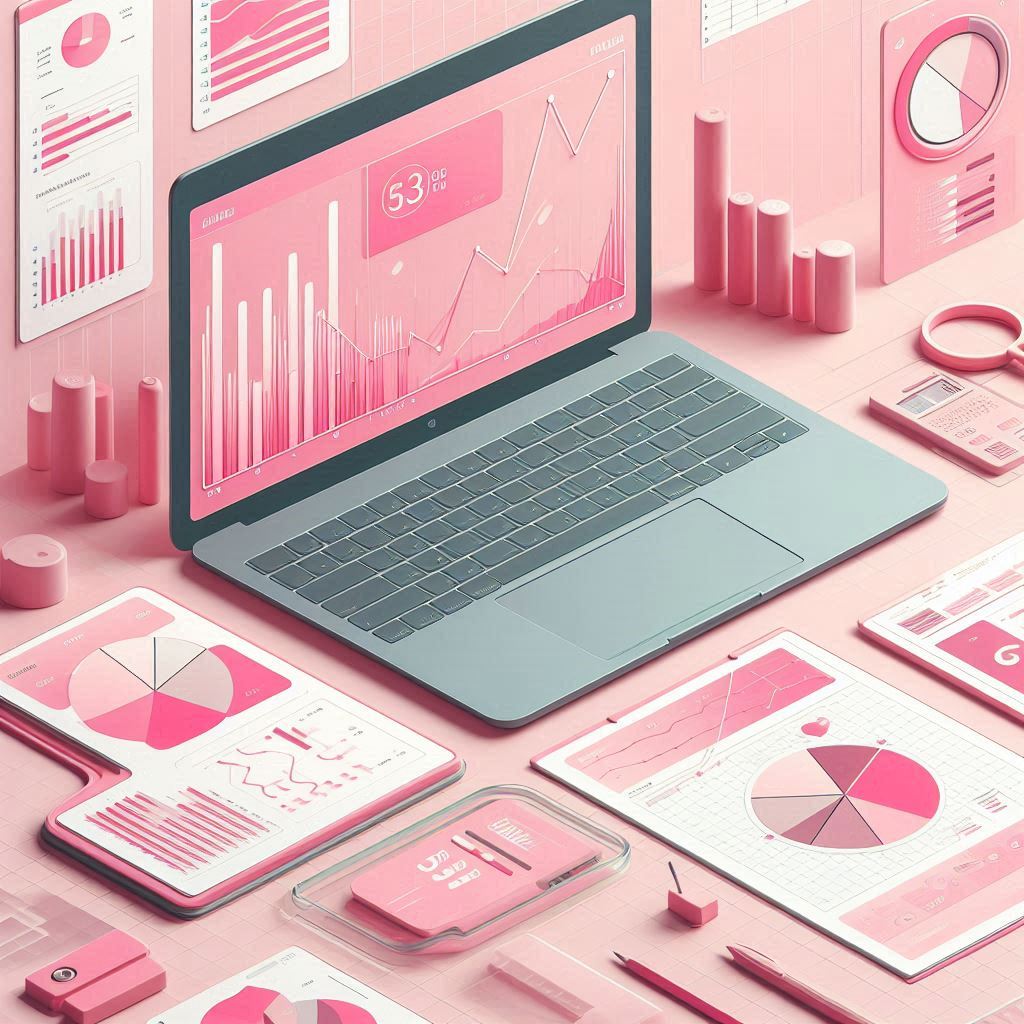Introduction
Data analytics is pivotal in today’s digital landscape, empowering businesses to glean valuable insights from vast amounts of data. Familiarizing yourself with key concepts lays a robust foundation for navigating this dynamic field with confidence.
Key Concepts Explained
1. Data Mining
Data mining involves discovering patterns and correlations in data to extract actionable insights. Techniques include clustering and association rule mining.
2. Machine Learning
Machine learning algorithms enable systems to learn from data and make predictions or decisions without explicit programming. Applications range from recommendation engines to fraud detection.
3. Big Data
Big data refers to datasets that are too large or complex for traditional data processing applications. It requires advanced tools and technologies to store, process, and analyze.
4. Data Warehousing
Data warehousing involves collecting and storing data from multiple sources into a centralized repository. It supports reporting, analysis, and decision-making processes.
5. ETL Process
Extract, Transform, Load (ETL) process involves extracting data from various sources, transforming it into a consistent format, and loading it into a data warehouse for analysis.
6. Data Visualization
Data visualization transforms raw data into visually appealing graphics like charts and graphs. It enhances data comprehension and aids in decision-making.
7. Regression Analysis
Regression analysis examines the relationship between variables to predict outcomes. It’s crucial for forecasting and understanding the impact of variables on each other.
8. Cluster Analysis
Cluster analysis groups similar data points together to identify patterns or clusters. It’s used for segmentation, anomaly detection, and pattern recognition.
9. Time Series Analysis
Time series analysis analyzes data collected at regular intervals over time to identify trends, seasonal patterns, and forecast future values.
10. Business Intelligence (BI)
Business Intelligence (BI) uses data analysis tools and techniques to transform raw data into actionable insights for strategic decision-making.
11. Real-World Applications
These concepts have diverse applications across industries:
- Healthcare: Predictive analytics for patient outcomes and personalized medicine.
- Finance: Risk management, fraud detection, and algorithmic trading.
- E-commerce: Customer segmentation, personalized recommendations, and supply chain optimization.
Conclusion
By mastering these key concepts in data analytics, professionals can leverage data-driven insights to drive innovation, optimize processes, and gain a competitive edge in their respective fields. Embrace these foundational principles to unlock the full potential of data analytics in your career and organization.
For further insights into data analytics, explore our guide on Introduction to Data Analytics.


Leave a Reply